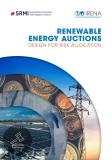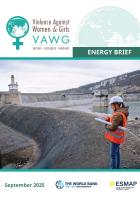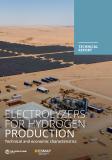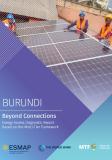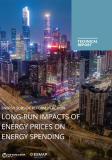Publications
Energy is essential for economic growth and improving lives. However, projects can unintentionally increase the danger of violence against women and girls if gender-specific risks are ignored. This resource guide offers concrete help in designing energy projects such that they help to prevent such violence and empower women.
Risks for women and girls in energy projects may arise from:
- Influxes of male workers
- Job losses during energy transitions
- High energy costs
- Poor access to lighting and clean cooking
- Unsafe worksites
- Weak accountability—especially in fragile or conflict-affected areas with harmful gender norms
To counter such risks, gender-responsive strategies can:
- Improve women’s safety, mobility, and economic opportunities
- Help prevent and respond to violence against women and girls
- Build more inclusive communities
Examples include:
- Safer lighting and transport
- Fair and affordable energy access
- Targeted subsidies and social protections
- Inclusive hiring with safe facilities and strong grievance systems
A fair energy transition should also:
- Offer reskilling for both women and men
- Provide social safety nets
- Expand women’s roles in green jobs, entrepreneurship, and leadership
As digital tools grow, it’s also important to prevent cyber harassment and boost digital literacy to improve access to services and information. Empowerment efforts should involve men, raise community awareness, and include psychosocial support to prevent backlash, including intimate partner violence. This brief helps to integrate prevention and responses to violence against women and girls into all stages of energy operations to ensure safer, more inclusive development.
LEARN MORE | Violence Against Women & Girls Resource Guide
This brief is part of the World Bank's Violence Against Women & Girls Resource Guide, developed and launched through a partnership between the Global Women’s Institute (GWI) at George Washington University, the Inter-American Development Bank (IDB), and the World Bank Group (WBG) in December 2014.
Energy Sector Management Assistance Program (ESMAP).
Violence Against Women and Girls Resource Guide : Energy Guide (English). ESMAP Paper. Washington, D.C. : World Bank Group. http://documents.worldbank.org/curated/en/099092325115041707
